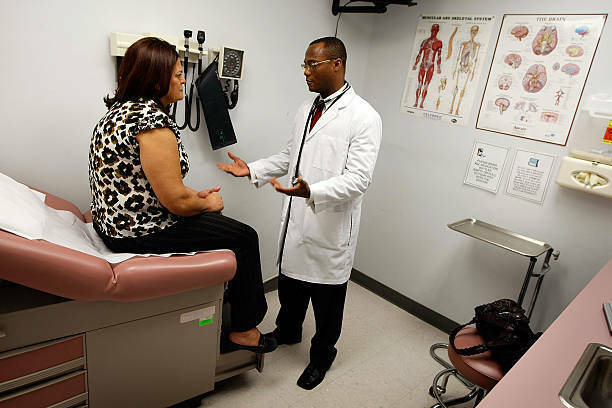What is Esophagitis?

Esophagitis is a medical condition where the lining of the oesophagus becomes inflamed. It is caused by various reasons, including GERD, vomiting, and certain medications. It can also result from surgery or radiation injury. A physician may recommend an upper endoscopy, during which he or she can view the oesophagus and collect a small biopsy. Afterwards, a laboratory test will help determine the cause of esophagitis. If the symptoms are eosinophilic esophagitis, the doctor may perform a white blood cell scan to confirm the diagnosis.
Inflammation of the lining of the oesophagus
The lining of the oesophagus is susceptible to certain foods and substances. If it is inflamed, it can cause several symptoms, including chest pain, difficulty swallowing, ulcers, and scarring. It is essential to seek medical attention if you notice any of these symptoms. A biopsy is often necessary to determine the cause and treatment of esophagitis.
Current theories on GERD inflammation focus on a small group of proinflammatory cytokines, including interleukin (IL)-1b, IL-6, and IL-8. These cytokines are not specific to the oesophagus, and their presence in the oesophagus may have a role in triggering GERD.
A dysregulated immune response causes inflammation of the stomach lining and oesophagus. Inflammation begins with the activation of endothelial cells, which produce proinflammatory mediators that stimulate the release of proinflammatory cytokines in the blood. This leads to the recruitment of leukocytes, which are inflammatory cells.
Treatments
Various esophagitis treatments are available to relieve symptoms and improve the overall quality of life for the patient. Some of these treatments are oral and require no surgery. Others depend on the cause of the condition. Depending on the cause of the disease, patients may be prescribed acid-blocking medicines or proton pump inhibitors. In some cases, doctors may perform surgery to reinforce the lower oesophagal sphincter, or LES, to prevent stomach acid from reaching the oesophagus. Some patients may also be prescribed steroids or other antibiotics to fight infection and reduce swelling.
You should see a doctor immediately if you are experiencing severe chest pain or esophagitis. Even if you think your condition is mild, it’s best to seek medical attention immediately. Generally, patients with this condition should consult their primary care physician. However, if your symptoms persist, your physician may refer you to a specialist specialising in this condition. A gastroenterologist, a physician who treats digestive system disorders, or an allergist can help you find the proper treatment.
Diet
There are several ways to reduce the pain associated with esophagitis, including changing your diet. Certain types of food can aggravate symptoms, and you should avoid them. These include tomatoes, citrus, spicy foods, chocolate, and onions. Also, you should chew your food well. Avoid eating hard or raw vegetables, which can also aggravate the condition.
Esophagitis is an inflammation of the lining of the oesophagus. It is caused by infection, irritation, or other conditions and can result in ulcers and scarring. In severe cases, it can also lead to oesophagal cancer. Although most people who develop this condition recover quickly, some may suffer from chronic inflammation.
In some cases, doctors will prescribe antacids to reduce stomach acid levels. Patients may also be prescribed acid-suppressing medications, which limit bile acid production. In some cases, surgery is an option, but this should be considered only as a last resort.
X-rays
X-rays of the oesophagus may be used to diagnose esophagitis. Several different causes can cause this medical condition. One of the most common is a viral infection. In the case of viral esophagitis, it is essential to treat the infection promptly.
Before the x-ray procedure, you should notify your doctor of your condition. You should also inform the technologist of any allergies you have. Typically, a patient will be asked to wear a gown while receiving an x-ray. After the test, the patient will be released. A discharge letter will be provided if you are an outpatient.
Barium studies do not help diagnose esophagitis but can reveal underlying anatomic abnormalities. These include strictures, rings, and irregular mucosal surfaces. In addition, these studies can help identify the presence of a tumour or hiatal hernia. The findings of these tests can help your doctor rule out other causes of your symptoms.
